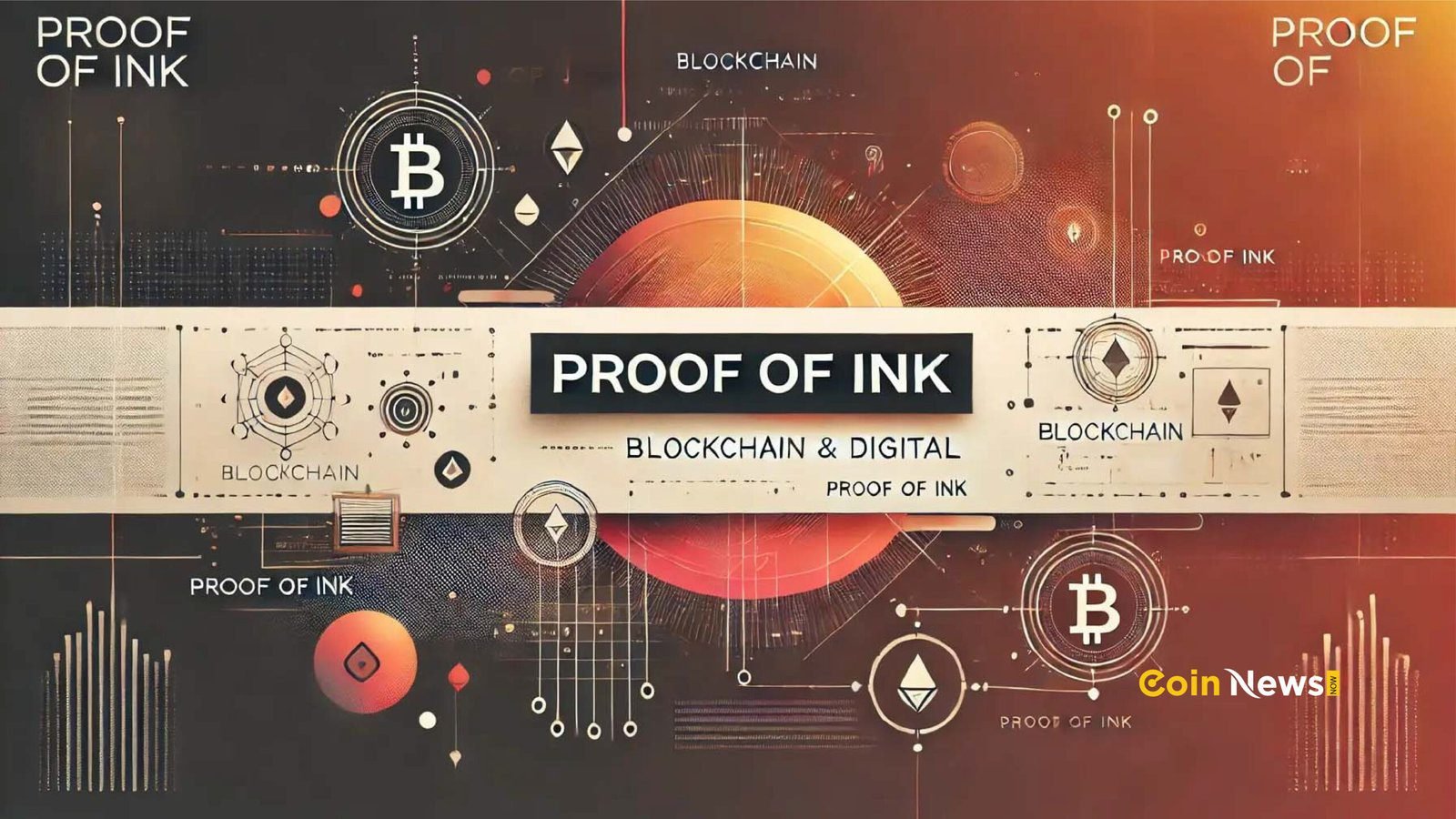EU Commission Accelerates Blockchain and AI Integration
The European Union (EU) is rapidly advancing its efforts to integrate blockchain and artificial intelligence (AI) technologies, positioning itself as a global leader in digital innovation. With recent regulatory and strategic developments, the EU aims to harness the transformative potential of these technologies across various sectors. Here’s a comprehensive overview of the EU’s initiatives, their market implications, and the broader impact on the digital landscape.
Blockchain Advancements: Paving the Way for Interoperability
The EU Blockchain Observatory and Forum has been at the forefront of promoting blockchain innovation across Europe. Their recent reports emphasize the importance of enhanced interoperability between blockchain networks, which is crucial for creating a seamless digital ecosystem. This interoperability can facilitate various applications, from finance and supply chain management to healthcare and beyond.
The primary goal is to foster a unified blockchain framework that supports secure, transparent, and efficient digital transactions. By integrating blockchain technology, the EU aims to boost innovation, enhance data security, and streamline operations across multiple industries.
AI Regulatory Framework: Setting Global Standards
In a landmark move, the European Commission has approved comprehensive new AI regulations known as the AI Act. This legislation adopts a risk-based approach to regulation, focusing on ensuring transparency, safety, and accountability in AI development and deployment. The AI Act bans high-risk AI applications such as predictive policing and social scoring while establishing stringent requirements for AI systems interacting with EU citizens.
The European Commission’s strategic vision for AI emphasizes the development of lawful, safe, and trustworthy AI systems. The Commission plans to build institutional and operational capacities to ensure the ethical use of AI. Additionally, there are collaborative efforts with public administrations and innovative startups to drive AI adoption across the EU.
Market Reactions and Real-Time Developments
The market has reacted positively to the EU’s regulatory advancements. Blockchain and AI startups have seen increased investor interest, particularly those working on AI-driven solutions for healthcare, finance, and logistics. These sectors are expected to benefit significantly from the new regulatory framework, which provides clear guidelines for innovation while ensuring safety and ethical considerations.
The news has sparked considerable discussion on social media platforms. One prominent tech analyst noted,
“The EU’s new AI regulations are setting a global standard, much like GDPR did for data protection.”
Another blockchain enthusiast emphasized,
“Blockchain interoperability is the future, and the EU’s commitment is a major step forward for the industry.”
Enhancing Digital Transformation
The integration of blockchain and AI is poised to revolutionize various sectors by enhancing efficiency, security, and transparency. Blockchain can provide robust data security frameworks for AI applications, ensuring that data used in AI models is tamper-proof and verifiable. This synergy is expected to drive significant advancements in supply chain management, healthcare, financial services, and more. By proactively developing and implementing blockchain and AI technologies, the EU aims to cement its position as a global leader in digital innovation. The new regulatory frameworks not only set high standards for safety and ethical use but also create a conducive environment for technological growth and competitiveness on the global stage.
The European Commission’s push to integrate blockchain and AI marks a major milestone in digital transformation, set to drive advancements across various industries by enhancing efficiency, security, and transparency. As the EU sets global standards, the world closely watches these developments for their transformative impact.
Stay informed with CoinNewsNow for the latest updates.











